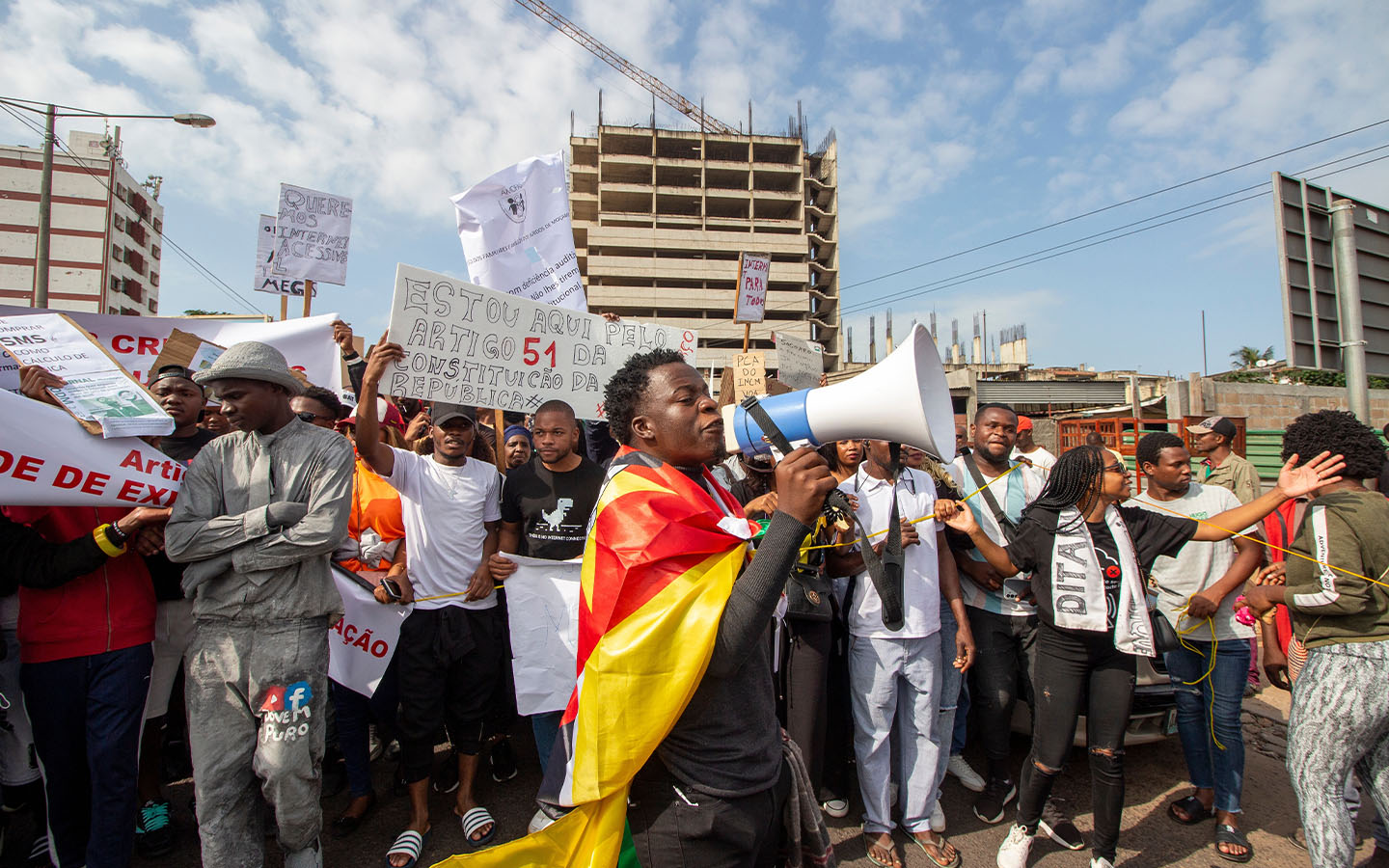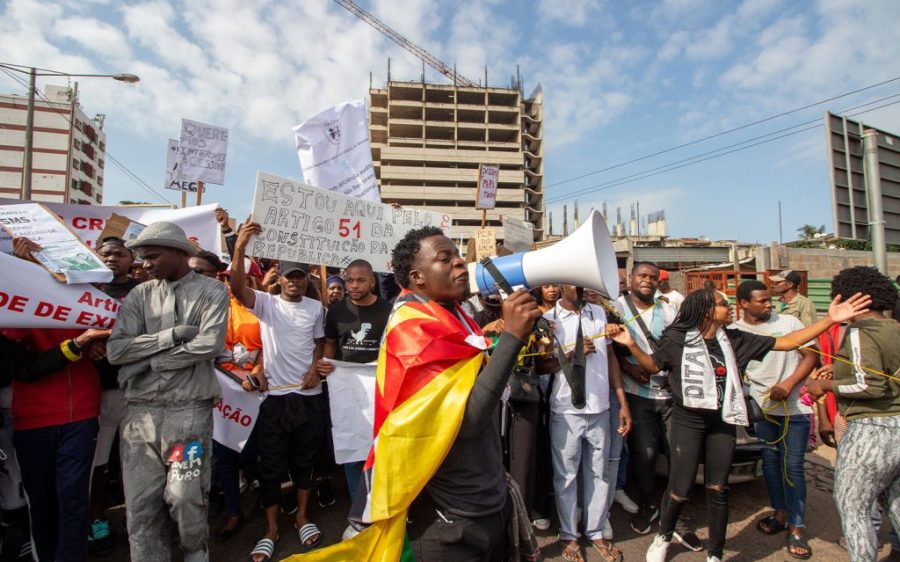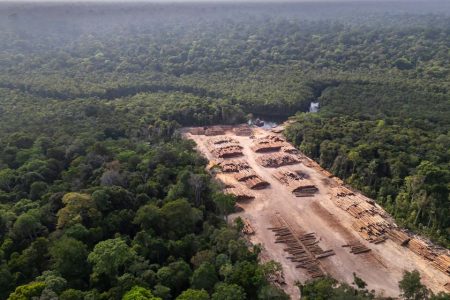Nationwide protests over last month’s disputed presidential election culminated in the largest gathering yet Thursday, with police firing rubber bullets and tear gas at thousands of protestors in Maputo and the capital city a virtual ghost town in anticipation of more violent clashes.
Demonstrations started at the end of October when Daniel Chapo of the ruling Frelimo party, was declared the winner with more than 70 percent of the vote according to official results. The declaration came after widespread allegations of rigging, which prompted his main challenger, independent candidate Venâcio Mondlane, to reject the count. The murders of a Mondlane aide and lawyer, gunned down as they were preparing a legal challenge, prompted Mondlane to go into hiding and his Podemos party to call for a nationwide strike. Many Mozambicans took to the streets, where they were met with a sharp crackdown by authorities.
The Mozambican Centre for Democracy and Human Rights said that, as of Wednesday, 24 people had been killed by police. Human Rights Watch has verified 18 so far but a researcher from the NGO, Zenaida Machado, told Reuters that she believes there have been more.
[See more: Chapo claims victory for ruling party in disputed Mozambique elections]
Security forces have deployed tear gas and live ammunition against protestors while the government has restricted internet access in what Human Rights Watch characterises as an effort to “suppress peaceful protests and public criticism of the government” and threatened to deploy the army.
There is considerable support for the rigging claims underpinning the protests. European Union poll observers noted “irregularities during counting and unjustified alteration of election results at polling station and district level,” and urged officials conduct the count in “a transparent and credible manner.” Observers have also pointed to reports of vote-buying, intimidation, inflated voter rolls in Frelimo strongholds and a lack of transparency in collation – issues they say have existed since Mozambique nominally became a democracy in 1994, after two decades of Frelimo rule.
Mondlane, who fled Africa after an alleged attempt on his life, vowed to continue the fight. “I feel that there is a revolutionary atmosphere … that shows that we are on the verge of a unique historical and political transition in the country,” he told Al Jazeera, saying this was a “crucial moment” for Mozambique.






